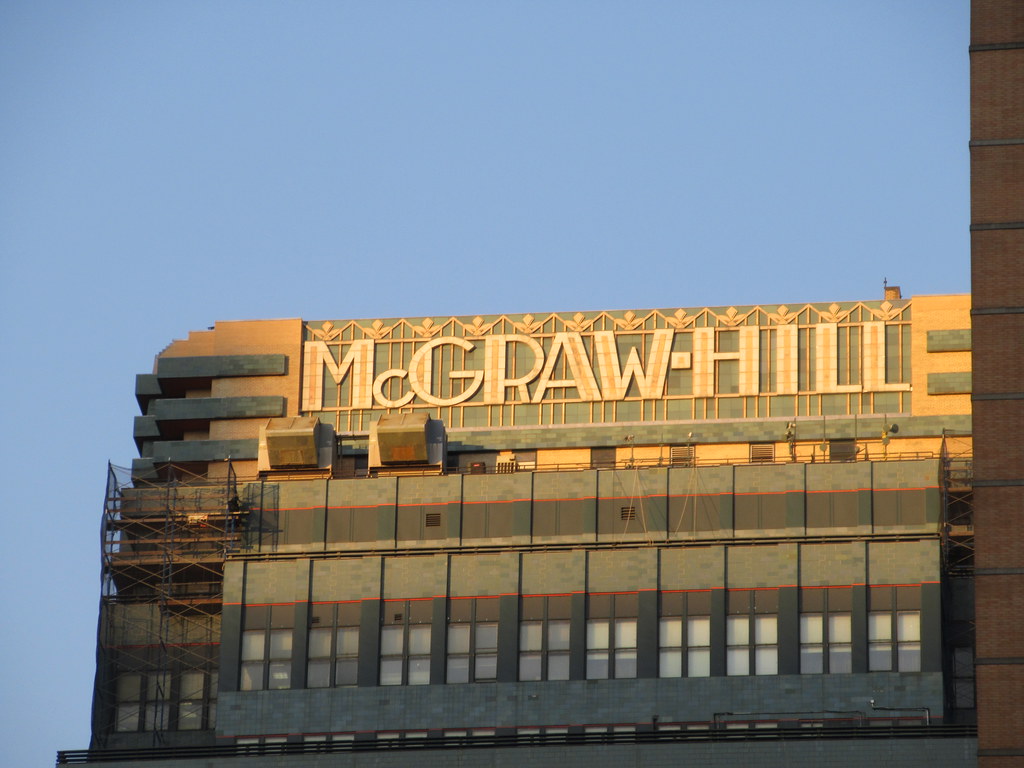
Articles
Industry News
McGraw-Hill Cengage Merger Faces UK and US Headwinds
By Henry Kronk
March 31, 2020
On March 30, the uphill battle education publishers McGraw-Hill and Cengage have been fighting to complete a merger got a little steeper. The U.K.’s Competition and Markets Authority (CMA) ruled that the companies’ proposal to sell off a number of their current holdings was not sufficient to maintain competition. As a result, the CMA did not extend their blessing for the merger to move ahead.
Earlier in March, two members of the U.S. House Antitrust Subcommittee, Chairman David Cicilline of Rhode Island and Commerce Chair Jan Schakowsky of Illinois, wrote a letter to the Justice Department’s Antitrust Division asking for increased scrutiny over the deal.
Divestments Are Inevitable. Without, the Combined Cengage and McGraw-Hill Would Control Over 40% of the College Textbook Market.
Cengage and McGraw-Hill, the second and third largest college textbook publishers behind Pearson, announced intentions to merge on May 1, 2019.
The major concern with the deal—like any merger—is that it will consolidate a given market to such an extent that the newly formed entity will act as a monopoly and be able to eliminate other competition.
Student and open market advocacy groups began protesting the intended merger over the summer. Citing recent shareholder reports, the group Open Markets argued that the combined company—which is intended to be known as McGraw Hill—would control 41% of the college textbook market. Precedent in the U.S. has blocked mergers that would consolidate 30% or more of a given market.

The proposed merger is all the more concerning to higher education stakeholders because incumbent major textbook publishers have dramatically raised costs in recent years. Between 2006 and 2016, the cost of textbooks rose at four times the rate of inflation.
Like many other mergers in the past (both in the publishing industry and elsewhere), Cengage and McGraw-Hill have proposed selling their assets in specific areas where they directly compete to maintain market competition.
Oversight in the US and the UK
The U.K.’s CMA decision related specifically to this proposal. In previous discussions, Cengage and McGraw-Hill had identified 51 market niches in which they competed directly. They had proposed to the CMA that they sell global assets relating to 42 of the 51 subsections, along with regional assets in eight other areas.
In response, CMA Senior Director of Mergers Joel Bamford wrote, “the CMA has material doubts that the Proposed Undertakings would effectively remedy the competition concerns identified.”
In their March 10 letter, Representatives Cicilline and Schakowsky raised similar issues, but also posed additional ones. They expressed concern that the merger would put more student data into the hands of one company. This would not only pose a bigger target to cybercriminals, it would also potentially give the proposed entity “an insurmountable lead in the development of machine learning tools for higher education.”
The representatives conclude, writing, “it appears that the proposed Cengage-McGraw-Hill merger will significantly reduce competition in the college textbook market, creating a duopoly that may increase the financial burden on American students, jeopardize their privacy, and unduly influence their education. Accordingly, we respectfully request that the Antitrust Division closely scrutinize this merger to ensure that it does not result in harm to competition or students and their families.”
Though originally forecasting the deal to close by the end of March, the companies revised that outlook in their February FY Q3 investor report to May 1.
Featured Image: Wikimedia Commons.









No Comments